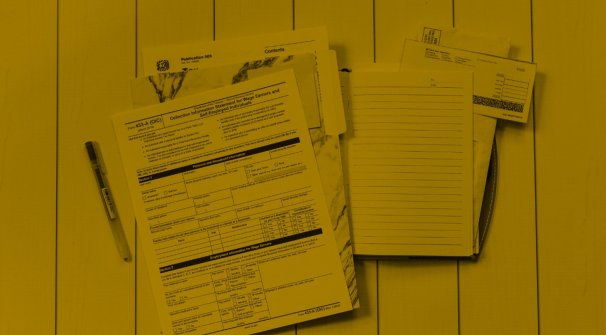We are all familiar with Gift Aid and, for the most part, just get on with it. But there are specific requirements of the Gift Aid scheme. Some of these are ‘best practice’ but a few are legal requirements.
Over time, recollections can become rusty, are passed on verbally as personnel change or knowledge can simply become out of date. So it is useful to remind ourselves of the current requirements from time to time.
-
What content is required on a Declaration?
HMRC has published model forms of Declaration which will satisfy their requirements. However, if a church wishes to depart from the model forms, it must ensure that its own Declaration contains:
- The home address of the donor. Work addresses or ‘c/o’ is not acceptable.
- The name of the donor and of the charity. HMRC strongly prefer full forenames of the donor to be stated.
- The identity of the gift or gifts to which it relates. This may refer to a one-off gift or ‘…to all gifts that I make after… [date]’.
- Confirmation from the donor that their gifts are to be ‘Gift Aided’.
Point 2 below does not need to be in the Declaration itself but it is sensible to include it to avoid overlooking the additional requirement.
-
What must also happen?
A charity cannot reclaim Gift Aid unless at the time the Declaration is given, the donor is made aware that if they have not paid sufficient tax to cover the tax that will be reclaimed by the charity, they themselves will have to make up the difference to HMRC.
It follows that it is good practice to periodically check (perhaps every few years) with donors that their Declaration continues to be up to date. For example, to check that personal details including home address remain correct and to re-confirm that they continue to pay enough income or capital gains tax to cover the Gift Aid on their donations. Around 50% of the adult population now pay little or no income tax.
-
Does a Declaration need to be signed and dated by the donor?
Curiously, there is no legal requirement for a Declaration to be signed or dated. However, it is advisable to ask donors to do both, as a matter of best practice. This will help evidence that they did agree to their donations being Gift Aided and the date may help establish which donations the Declaration applies to.
-
Does the Declaration need to be in writing?
In strict legal terms, a Declaration can be given in writing or orally, including by ‘written or oral’ methods of electronic communications. However, where a Declaration is given orally or by digital communication, charities should be mindful of the need to provide an auditable record of the Declaration. HMRC give examples of acceptable forms of record in Paragraph 3.7.2 of the Detailed Guidance Notes. Further information on requirements around oral Declarations is given in Paragraph 3.10.1 of the Detailed Guidance Notes.
-
What about joint giving between husband and wife?
HMRC has published Guidance on joint giving and joint Declarations which can be found in Paragraph 3.10.2 here. Note that the charity must make a separate claim for each donor.
-
When can a Declaration be given?
A Declaration can be given at any time in advance of the donation(s), at the time of a donation or at any time after making a donation subject to the normal four-year time limit for a charity to make a Gift Aid claim.
-
How long must Declarations be kept?
In some cases, it will be necessary to retain ‘an auditable’ record of an individual’s Gift Aid Declaration for a long period of time where they are a regular donor to the church. The time limit is six years from the end of the tax year in which the last donation is made. An auditable record includes evidence of compliance with point 2 above.
-
And finally…
Gift Aid Declarations contain personal data. Don’t forget that the church has a legal responsibility to securely look after the data obtained on the Declaration and to retain it for no longer than is strictly necessary (on this, see Point 7 above).
Claiming Gift Aid as a charity or CASC: Gift Aid declarations - GOV.UK
Sharpen
Quarterly emails for trustees, treasurers and Church and Charity Leaders. Practical tools, technical resources and expert guidance to safeguard your mission and ministry.











